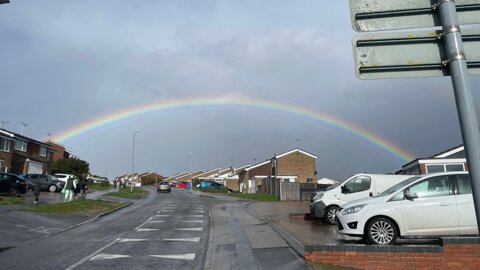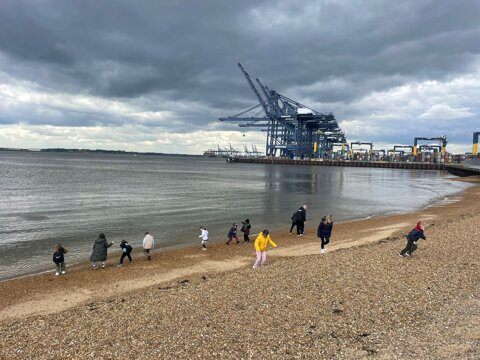Intent
At Gusford, it is our intention that all pupils, irrelevant of starting points, gain a greater understanding of the physical world, their community and their place within it. Geography is an investigative subject, and we believe in a ‘hands on’ approach. Through our teaching, we aim to give our learners strong geographical knowledge and vocabulary, good enquiry skills, the ability to use a range of maps, the skills to collect and analyse data and the opportunity to communicate their findings in a variety of ways. We want geography to be creative, fun and to spark children’s enthusiasm and interest, not just through experiences in the classroom, but also with the use of fieldwork and educational visits.
Implementation
Early Years Foundation Stage (EYFS):
In EYFS, geography is introduced through the Understanding the World area of learning, where children begin to explore their immediate environment and develop a sense of place. Through play-based learning, stories, and outdoor experiences, children engage in simple fieldwork such as observing seasonal changes, identifying features in their surroundings, and discussing journeys. These activities nurture curiosity and build early geographical vocabulary. Consolidation is key at this stage, with repeated opportunities to explore familiar environments, helping children embed foundational concepts and language that will support future learning.
Key Stage 1:
In Key Stage 1, pupils build on their EYFS experiences by developing locational knowledge and understanding of the UK and the wider world. They learn to name continents, oceans, and key countries, and begin to use maps, globes, and aerial photographs. Fieldwork is central to learning, with children exploring their local area, conducting simple surveys, and observing human and physical features. Lessons are designed to revisit and reinforce prior knowledge, ensuring children make connections between places and environments. This phase encourages pupils to ask geographical questions and begin to understand how people interact with their surroundings.
Key Stage 2:
The Key Stage 2 Geography Curriculum ensures that children grow to be environmentally conscious citizens of the world. Pupils deepen their understanding of physical and human geography, including climate zones, biomes, rivers, mountains, and settlements. A strong emphasis is placed on climate change, preservation, conservation, and the sustainable use of natural resources. Pupils explore how these factors impact the planet, including the role they play in natural disasters and global challenges. Fieldwork becomes more analytical, involving data collection, sketch maps, compass use, and digital mapping. Each unit builds on prior learning, reinforcing key concepts and encouraging pupils to think critically about their role in protecting the environment. This cumulative approach supports the development of informed, responsible global citizens who understand the interconnectedness of people and places.
Impact
At the end of KS1 and KS2, the children’s learning is assessed against the age-related expectation bands that are based on the 2014 National Curriculum statements for Geography. At Gusford, we use summative assessment to determine children’s understanding and inform teachers’ planning. This is reviewed by the subject leader, who aims to carry out regular learning walks, book studies and lesson observations.
Cross Curricular Links
1. English:
-
EYFS & KS1: Storybooks about different places and cultures; describing local environments using adjectives.
-
KS2: Writing persuasive texts about environmental issues, creating travel brochures, and using non-fiction texts for research.
2. Mathematics:
-
EYFS: Positional language (e.g., near, far, next to).
-
KS1: Using simple coordinates and tally charts during fieldwork.
-
KS2: Reading scales on maps, calculating distances, interpreting data from climate graphs or population charts.
3. Science:
-
EYFS: Observing seasonal changes and weather.
-
KS1: Exploring habitats and how environments affect living things.
-
KS2: Studying the water cycle, climate change, and natural processes like erosion and volcanoes.
4. History:
-
KS1: Learning about explorers and how geography influenced their journeys.
5. Art and Design:
-
EYFS & KS1: Drawing landscapes and maps using symbols.
-
KS2: Creating models of landforms, using collage to represent different environments, and studying art from various cultures.
6. Computing:
-
KS1: Using simple digital maps and pictograms.
7. PSHE and Citizenship:
-
EYFS & KS1: Learning about caring for the environment and respecting different cultures.
-
KS2: Discussing global issues like climate change, fair trade, and conservation; understanding the impact of human actions on the planet.
8. Physical Education (PE):
-
KS1 & KS2: Orienteering and map-reading activities; exploring local geography through outdoor movement and games.
Geography Documents
Geography Vocabulary Mats Nursery
Geography Vocabulary Mats Reception
Geography Knowledge Organisers Year 1
Geography Knowledge Organisers Year 2
Geography Knowledge Organisers Year 3
Geography Knowledge Organisers Year 4
Geography Knowledge Organisers Year 5
Geography Knowledge Organisers Year 6

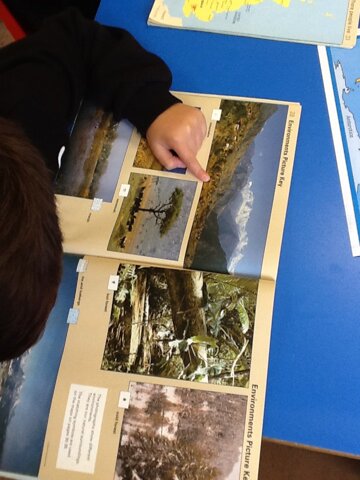
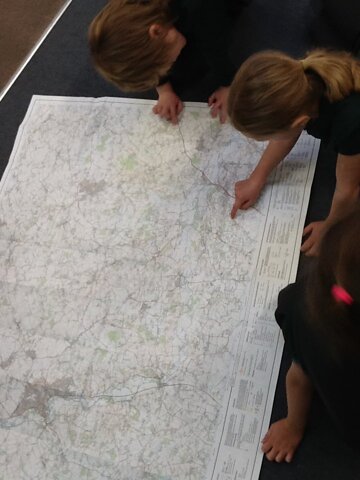
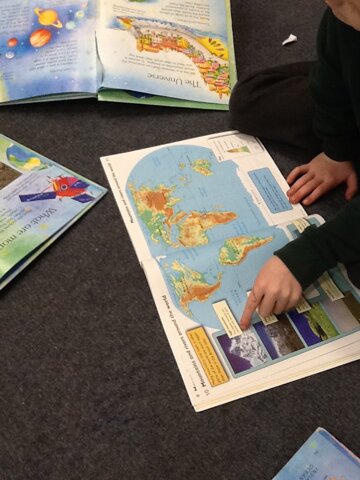
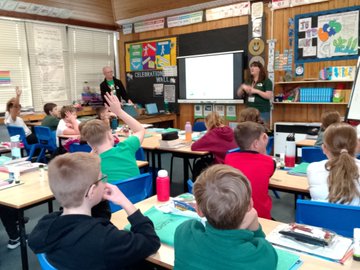
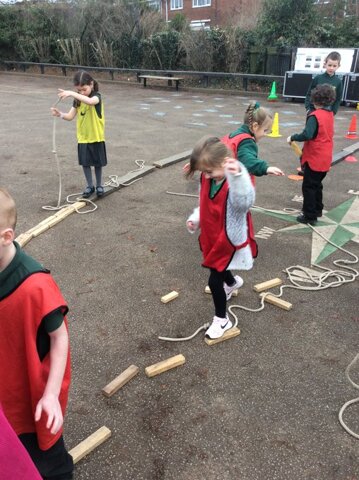
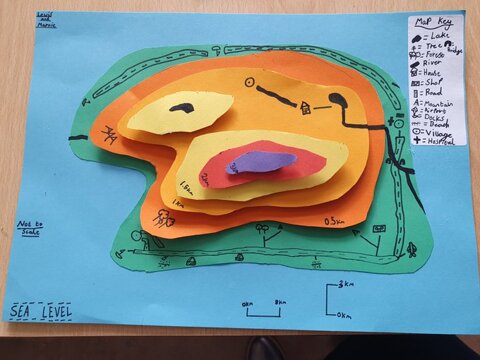
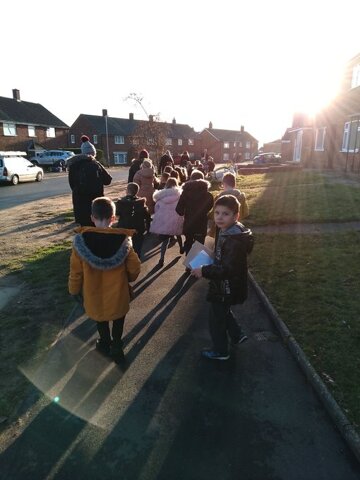
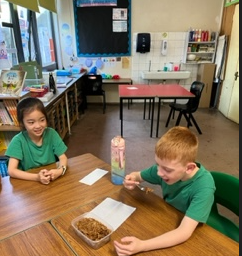
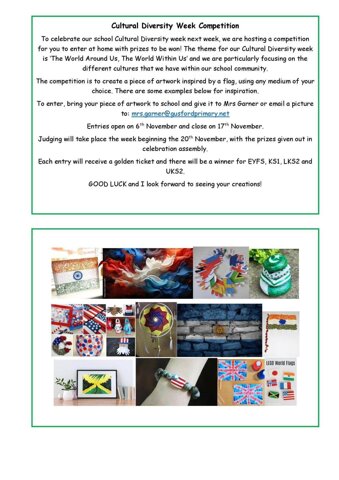
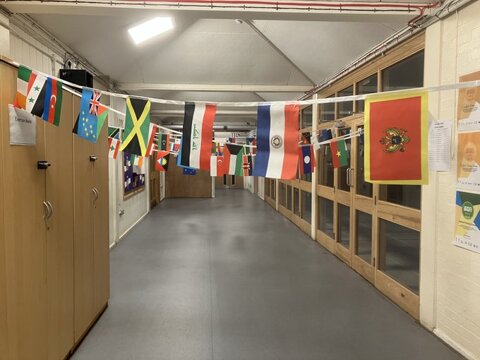
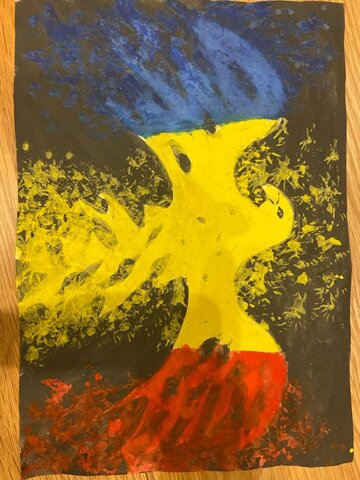
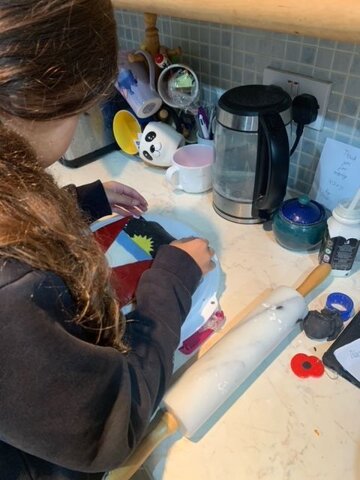
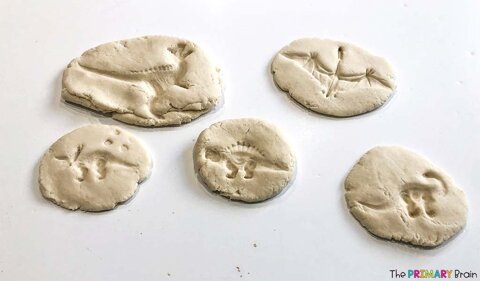
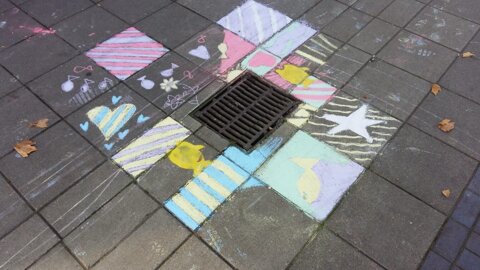
.jpg)
